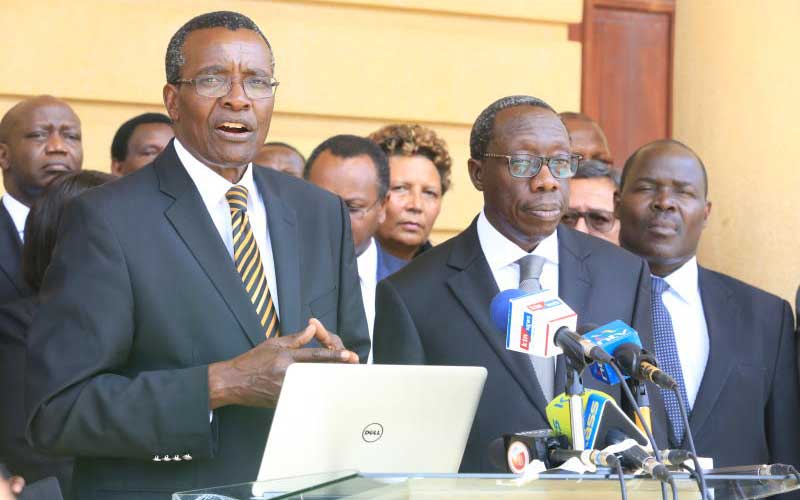
Kenya’s Judiciary is going through rough times, challenging its credibility as an arbiter. Although this is not the first time that the Judiciary has been under scrutiny, it is one of those times when its probable short comings appear to be glaring. Depending on one’s vantage point, the Judiciary seems to hit the headlines for the wrong reasons, which tends to erode public confidence.
Knowledgeable Kenyans cannot agree on whether the Judiciary is in good health. The Conference on Corruption at the Bomas of Kenya appeared to portray the Judiciary as the weakest link in the fight against corruption, and it had problems extricating itself from that public perception.